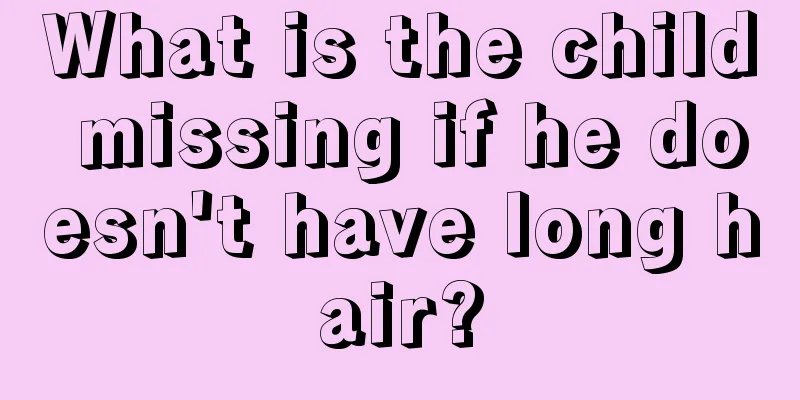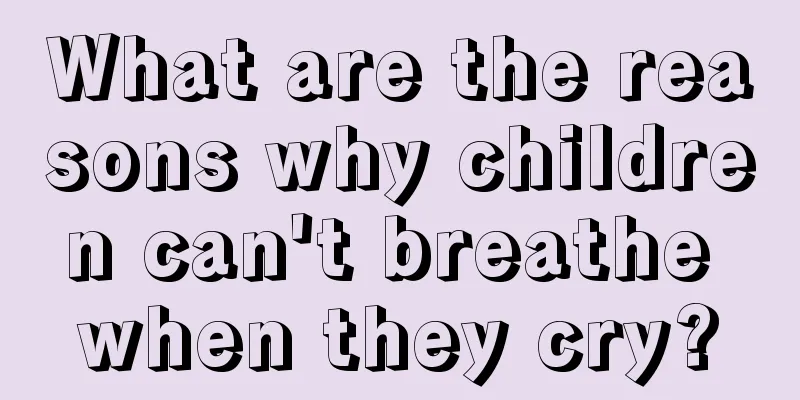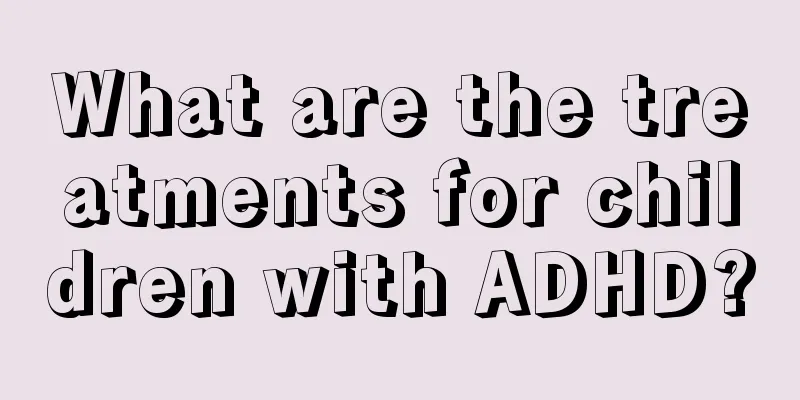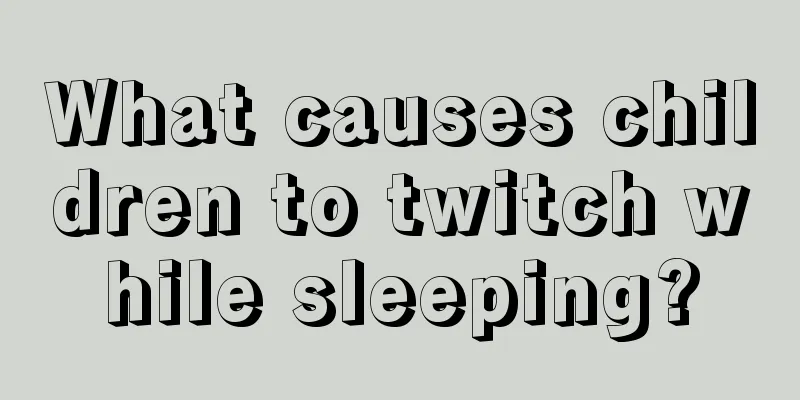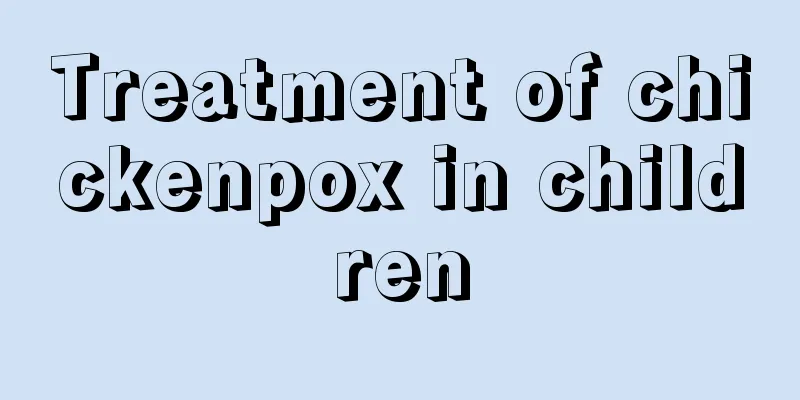The last injection of the five-link combination had a strong reaction

|
As children grow up, they need to be injected with various vaccines to actively prevent various diseases. The pentavalent vaccine is a common one, which is mainly used to deal with diphtheria, whooping cough, tetanus, polio, and Haemophilus influenzae. The pentavalent vaccine, like other vaccines, may cause adverse reactions. The reaction to the last shot of the pentavalent vaccine is strong. You need to know which situations require timely medical treatment. When the situation is special, it must be resolved in a timely manner and never delayed. Adverse reactions to pentavalent vaccine 1. Local reaction Symptoms: Local reactions and mild systemic reactions are the most common side effects after vaccination. Most of them are mild and heal quickly. Response: No special treatment required. For general local reactions, rest and local hot compresses are enough to restore the patient to normal. However, for local reactions to BCG, hot compresses should not be used. Instead, 1% gentian violet solution should be applied to the ulcer. 2. Systemic reactions Symptoms: Body temperature rises after vaccination, mostly below 38.5℃, and sometimes systemic symptoms such as headache, dizziness, fear of cold, weakness, nausea, vomiting, abdominal pain, diarrhea, etc. Response: Generally no special treatment is required. It usually disappears within 1 to 2 days and rarely lasts for more than 3 days. If the symptoms are obvious, they need to be treated accordingly. 3. Allergic reaction Symptoms: may occur within a few minutes or hours after vaccination, manifested as urticaria, difficulty breathing, pale face, dizziness, wheezing, rapid heartbeat, shock, etc. Response: Although the incidence of allergic reactions is extremely low, roughly 1/500,000 or lower, the consequences are serious. Therefore, before vaccination, the doctor will carefully ask about the child's allergy history and reactions after previous vaccinations. If an allergic reaction occurs, go to the hospital for emergency treatment immediately. Which reactions require medical attention? 1. The baby's fever is above 38.5℃ and the high fever does not subside. 2. The injection site is severely red and swollen, with obvious pain or suppuration. 3. The baby cries abnormally within 1 to 2 days after vaccination, and the reason cannot be found. 4. Symptoms such as allergic rash, allergic purpura, anaphylactic shock, and angioedema may occur after vaccination. |
<<: Reaction to the first injection of pentavalent vaccine
>>: Sores on the child's buttocks
Recommend
What medicine should I take for my baby's cough?
For us adults, headaches, colds, fevers, coughs, ...
What to do if your child has a bad spleen and stomach
Many children will show signs of poor spleen and ...
The baby's lymphocytes are high and the neutrophils are low
In fact, the physical fitness of a newborn baby i...
Children always complain of foot pain
If a child always tells adults that his feet hurt...
2 year old boy can't speak
Generally speaking, babies of two years old have ...
What to do if junior high school students have poor memory
Junior high school students face great academic p...
Does a child's precocious puberty need treatment?
If precocious puberty occurs in childhood, the ha...
What causes diarrhea in children due to enteritis?
If a child develops enteritis, parents need to de...
What to do if your baby is frightened
Babies are easily frightened when they are young....
What are the dangers of children eating snacks?
It is almost a common phenomenon that many childr...
What are the symptoms of ADHD in adolescents?
As people discover and understand more and more a...
2-year-old boy's height and weight
During the baby's growth process, parents wil...
What causes baby twitching while sleeping?
Once you have a child, you have to learn more abo...
What should I do if my child has a poor appetite?
For children, because they are in the stage of gr...
Causes of herpetic pharyngitis in children
Herpetic pharyngitis is herpetic pharyngitis, whi...

